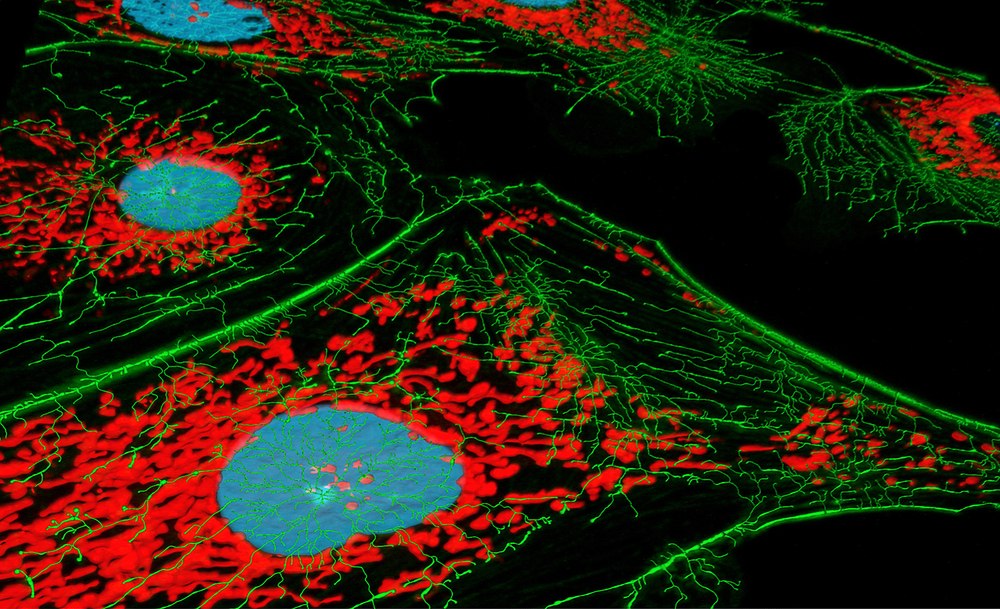Researchers out of University College Dublin and the University of Sheffield in Ireland recently discovered a protein that predicts the severity of rheumatoid arthritis. The protein, produced by a gene called C5orf30, is found in lower amounts among rheumatoid arthritis patients who go on to develop more disfigurement and pain in the joints affected by the disease.
Rheumatoid arthritis is one of many autoimmune diseases in which the body attacks and damages its own connective tissue, leading to joint pain, stiffness, and arthritic changes in the joint. In up to thirty percent of cases, patients lose their ability to be gainfully employed after just 10 years post-diagnosis. The protein produced by the gene C5orf30 predicts those who are likely to suffer from more serious and debilitating disease.
There are about 1.5 million Americans with rheumatoid arthritis and it is believed that the number of people with this condition is increasing. Women are more strongly affected than men and, while the peak incidence is between the ages of 40-70, rheumatoid arthritis can affect a person at any age.
While historically, many of these patients were wheelchair-bound after just a few years, it is believed that individualized therapy and more aggressive treatments have reduced the number of patients severely afflicted by the disease. The identification of the C5orf30 protein provides clinicians with another tool to identify who needs aggressive therapy early on in the course of the disease and who may not. This could reduce the incidence of those patients severely disfigured by rheumatoid arthritis.
“Investing in research to find new treatments and ultimately a cure for arthritis is one of our key objectives at Arthritis Ireland,” John Church, CEO, Arthritis Ireland said in a recent news release. “Treatments for arthritis have improved enormously over the last number of years. Thirty years ago, rheumatologists’ waiting rooms were filled with people in wheelchairs. Today, that is no longer the case. The outlook for a person diagnosed with arthritis in 2015 is much brighter than it used to be. We are getting closer and closer to personalised medicine. This discovery is further proof that we are in the right space and investing our money wisely,” he added.
So far, the research, funded by Arthritis Ireland and the University of Sheffield in Ireland, has simply identified the protein. Further studies are necessary to find out if increasing the levels of C5orf30 in rheumatoid arthritis patients might reduce the severity of the disease process. For now, gene sequencing will be able to identify those with low levels of C5orf30 so that these patients can receive more aggressive therapy before bony changes can affect those afflicted with the malignancy.
Early and aggressive therapy is now more available to rheumatoid arthritis patients but it hasn’t been clear which patients need this kind of treatment and which patients have a slower onset and milder course of the disease. In the future, C5orf30 detection may be part of typical rheumatoid arthritis assessment so that those with low levels of the protein can receive individualized therapy, thus reducing the rate of advanced disease. However, it’s unclear as to whether protein replacement with C5orf30 will make a difference in the rate of disease progression.


